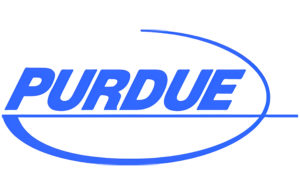 Colleen McMahon of the U.S. District Court for the Southern District of New York overturned a sweeping settlement against Purdue Pharma over its role in the opioid crisis.
Colleen McMahon of the U.S. District Court for the Southern District of New York overturned a sweeping settlement against Purdue Pharma over its role in the opioid crisis.
Purdue’s Oxycontin (oxycodone) is among the most widely used opioids.
In September, Judge Robert Drain of the U.S. Bankruptcy Court in White Plains, New York, authorized a Chapter 11 bankruptcy settlement against the company. However, several states involved in the suit vowed to appeal the decision.
McMahon argued that the agreement should not have shielded the Sackler family that owned Purdue Pharma from civil liability for opioid-related lawsuits.
The Sacklers had sought immunity from opioid claims as part of the $4.5 billion agreement.
In a 2007 plea agreement with the U.S., Purdue Pharma acknowledged that it had marketed OxyContin inappropriately and submitted false claims to the federal government related to the drug.
McMahon’s ruling will likely mean that the case is headed for the U.S. Court of Appeals for the Second Circuit.
In her appeal, McMahon describes the issue of immunity in the case as a “great unsettled question” and says it is not clear if any court is “statutorily authorized to grant such releases.”
“This issue has split the federal Circuits for decades,” she continued. “While the Circuits that say no are united in their reasoning, the Circuits that say yes offer various justifications for their conclusions.”
Earlier this year, members of the House of Representatives introduced proposed legislation known as “The Sackler Act” to stop bankruptcy courts from shielding business owners from such protections unless they file for bankruptcy as individuals.
Purdue Pharma filed for Chapter 11 bankruptcy in 2019.